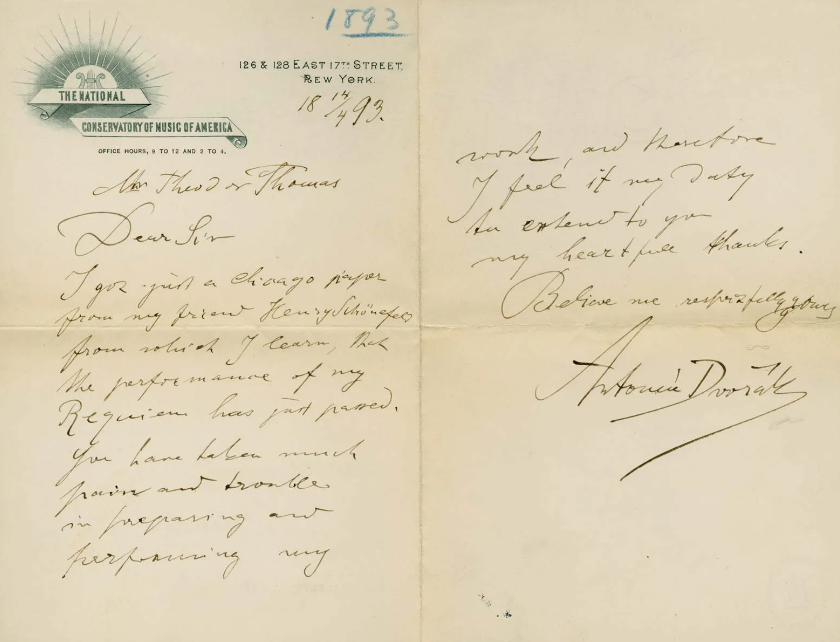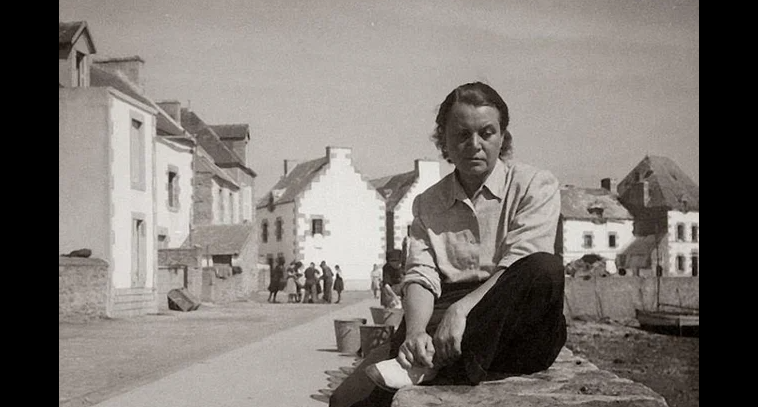The history of Czech poetry goes as far back as the 9th century. It begins with the works of Saints Cyril and Methodius, who translated texts in the bible from Greek to Old Church Slavic, a language in which the first Czech poems were written. Since then, Czech poetry continued to flourish, even when the chosen languages of the Czechs continued to face challenges throughout the centuries. The apparent culmination of Czech poetic culture is of a poem, Máj, written by Karel Hynek Mácha.
Antonin Dvořák
The Life and Compositions of Antonin Dvorak, who had a great talent for melody and including Czech culture in his music, created works of art that captivated his listeners. His life’s work began at the age of 12 when he studied harmony, the piano, and the organ to write Polka music. As his skills grew, so did his network of famous and accomplished fellow musicians, including Johannes Brahms and Tchaikovsky.
Toyen: Czech Surrealist Artist (1902-1980)
Toyen, born Marie Čermínová, was a foundational Czech Surrealist artist who explored gender expression. In her early days, she traveled to Paris where she promoted a poetry-inspired art style called "Artificialism." Her own art explored gender, politics, and eroticism, which challenged viewers. After the Communist takeover of Czechoslovakia, Toyen lived in Paris, creating new, expressive pieces, for the rest of her life.
Czech Spring Rituals and Celebrations of Love
In Slavic cultures, spring has always been the most important time of the year - it’s the time of rebirth, associated with life, fertility, and love. Ancient Slavs celebrated the end of winter and the coming of spring with a number of festivals and rituals. Among Czechs, one such tradition has survived to this day - popularly known as Czech Valentine’s Day.








